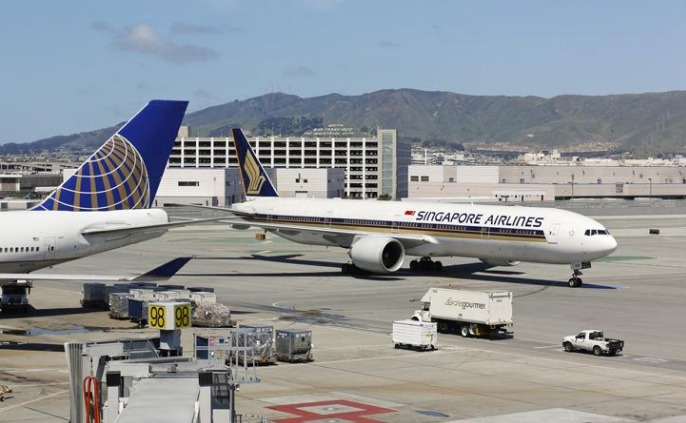New US regulations: Lithium-ion batteries are prohibited on passenger flights!
来源: 青岛汇鑫宇国际物流有限公司 发布时间:2019-02-28
The U.S. Department of Transportation and the Federal Aviation Administration today announced that people are prohibited from storing lithium-ion batteries or batteries as cargo on passenger planes. Companies also cannot ship batteries that charge more than 30% on a cargo plane.
This will not directly affect most consumers-you can still put spare batteries and electronics in your carry-on bag.
But people who buy batteries online may be affected. Mobile phones, external batteries, and general electronic equipment will no longer be fully charged when they arrive, so you can avoid the risk of fire or explosion during the flight and damage to the aircraft.

In 2017, the United States Federal Aviation Administration (FAA) urged global airlines to reconsider whether batteries are allowed in flight because of the risk of fire.
The FAA conducted 10 tests to pack a fully-charged laptop into a suitcase, and tested various situations where the battery could catch fire. One example is tying a can of dry hair to a laptop. A fire broke out immediately and the cans exploded within 40 seconds.
A few months before the study, the Department of Homeland Security banned tablets and laptops from eight Muslim-majority countries.
But in this case, it requires people to check their batteries instead of taking them with them. The decision involved concerns about explosives entering the aircraft.
The most notorious is that airlines ban passengers from carrying Samsung Galaxy Note 7 on commercial flights because its battery failure caused the device to catch fire, in some cases explosions.
This will not directly affect most consumers-you can still put spare batteries and electronics in your carry-on bag.
But people who buy batteries online may be affected. Mobile phones, external batteries, and general electronic equipment will no longer be fully charged when they arrive, so you can avoid the risk of fire or explosion during the flight and damage to the aircraft.

In 2017, the United States Federal Aviation Administration (FAA) urged global airlines to reconsider whether batteries are allowed in flight because of the risk of fire.
The FAA conducted 10 tests to pack a fully-charged laptop into a suitcase, and tested various situations where the battery could catch fire. One example is tying a can of dry hair to a laptop. A fire broke out immediately and the cans exploded within 40 seconds.
A few months before the study, the Department of Homeland Security banned tablets and laptops from eight Muslim-majority countries.
But in this case, it requires people to check their batteries instead of taking them with them. The decision involved concerns about explosives entering the aircraft.
The most notorious is that airlines ban passengers from carrying Samsung Galaxy Note 7 on commercial flights because its battery failure caused the device to catch fire, in some cases explosions.
- Previous: A must-see for cross-border railway transportation.
- Next: No Information

